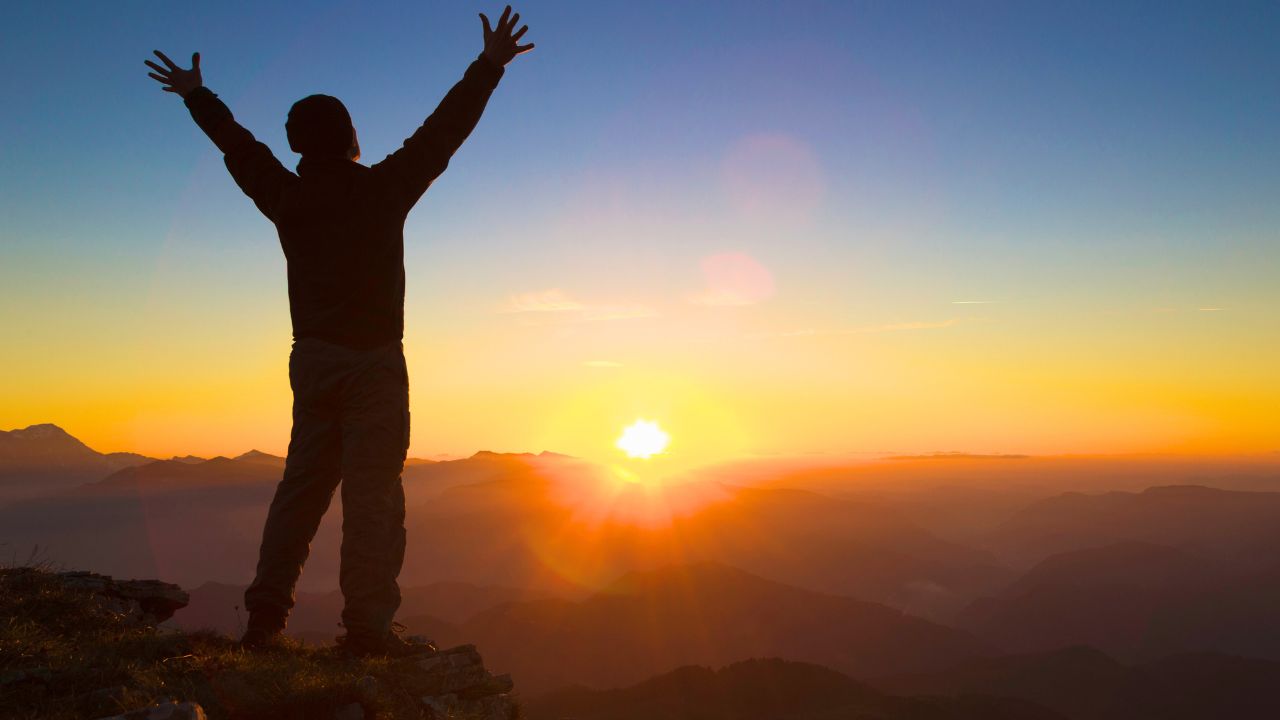As an Indian immigrant working in technology, I’m happily living the proverbial American dream. I have a rewarding job, a warm and supportive family, great friends, and a comfortable home. However, despite this near-perfect life, I felt constantly stressed and agitated in all aspects of my life. I wondered why. This ‘why’ largely remained unanswered.
A turning point arrived with an introduction to Vedanta, revealing the root cause of stress — the untamed mind. Vedanta is the philosophical kernel of the Upanishads, which are ancient Indian scriptural texts. The study of Vedantic texts such as the Bhagavad Gita, taught me that controlling the mind involves strengthening the intellect which would lead to fulfillment, peace, and happiness. It became clear that I needed to apply this wisdom to my life, a daunting task given my surroundings, where material indulgence overshadows spiritual pursuits. Having discovered the answer to my earlier question, I now faced a new challenge: figuring out how to study and apply Vedanta’s wisdom in an environment that isn’t conducive to spiritual practice.
During an enlightening Bhagavad Gita online weekly lecture, Gautamji, a senior disciple of Swami A. Parthasarathy, addressed my concerns, specifically delving into Chapter VI, Verse 5 from the Bhagavad Gita commentary by Swami A. Parthasarathy. The translation of this verse reads:
“Let man lift himself by himself, let him not lower himself; his self alone is his friend, his self alone is his enemy.”
In his insightful commentary, Gautamji explained that Lord Krishna highlights the importance of self-effort in spiritual practice in this verse. If you want to grow spiritually you must put in your own effort – “You’ve got to raise yourself by yourself”.
Gautamji illuminated the fact that in ancient India when this wisdom was first formulated, society was structured to support individuals in their spiritual journey. Even under those circumstances, Krishna emphasized the role of personal responsibility and self-effort. In current times, the pursuit of such knowledge is even more challenging as external societal support is lacking. Despite the evolving landscape, the fundamental principle endures — the onus is on the individual. The imperative remains to uplift oneself, to seek guidance independently, and to engage in self-study. In essence, the timeless wisdom persists: You have to raise yourself by yourself.
This revelation struck me profoundly — I needed to pursue this transformative journey independently.
And the transformation began. I established an early morning routine for studying Vedanta, a stark departure from late-night activities. Gradually, I reduced TV consumption, declined late-night invitations, and prioritized going to bed earlier. As the knowledge began to grow, my lifestyle gradually evolved to incorporate healthier habits.
Through perseverance, I began attracting like-minded individuals and forming a community dedicated to self-development and spiritual growth. What was initially a struggle has transformed into a pleasurable practice.
Today, as I navigate this journey, I observe a profound shift in myself — less agitation, more calmness, and increased energy. The benefits affirm that I am on the right path. This verse not only initiated my spiritual quest but serves as a constant reminder, akin to an unwavering alarm, echoing through the corridors of my evolving spirituality.
In reflection, the strength to overcome external influences and societal norms came from embracing the verse’s wisdom. As I write this, the realization dawns – raising oneself by oneself isn’t just a directive; it’s the source of strength and conviction to discover life’s true purpose.
In conclusion, the Bhagavad Gita’s timeless teachings resonate profoundly – urging us all to embark on the transformative journey of self-discovery, where we must indeed raise ourselves by ourselves.
If you would like to know more about the Gita classes taught by Gautamji, register here or visit the website for more information. The Gita classes are free, available live and recorded online, and open to anyone interested in learning more about this ancient wisdom and setting out on a path to self-development.
“The blog above are thoughts of a student of the online weekly lectures”
Continue reading Blog


